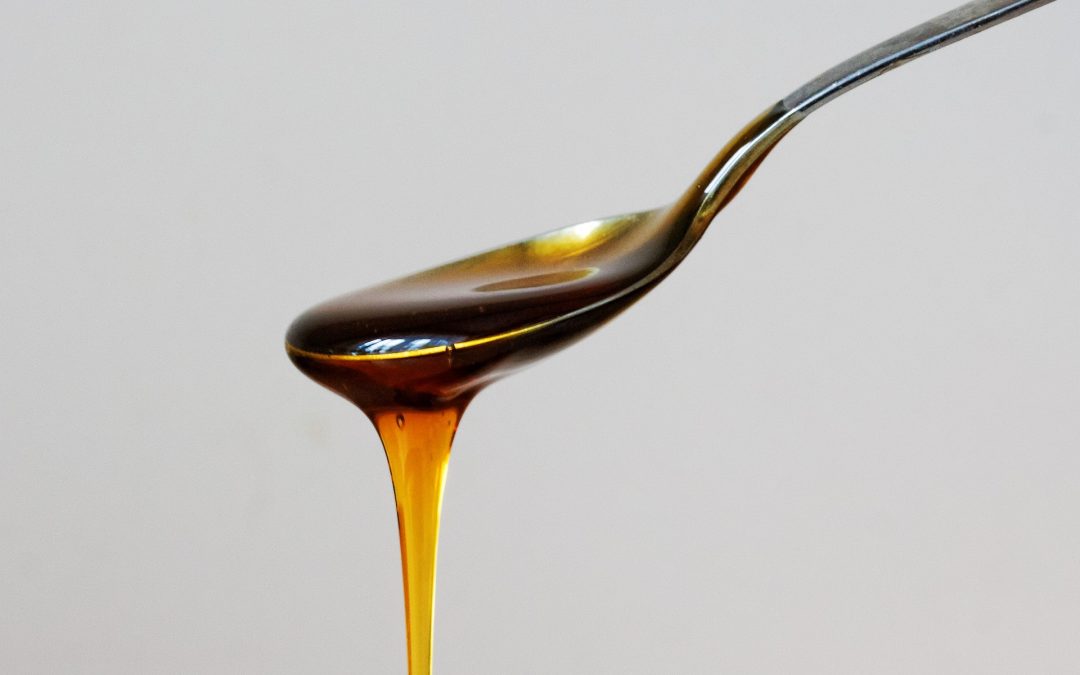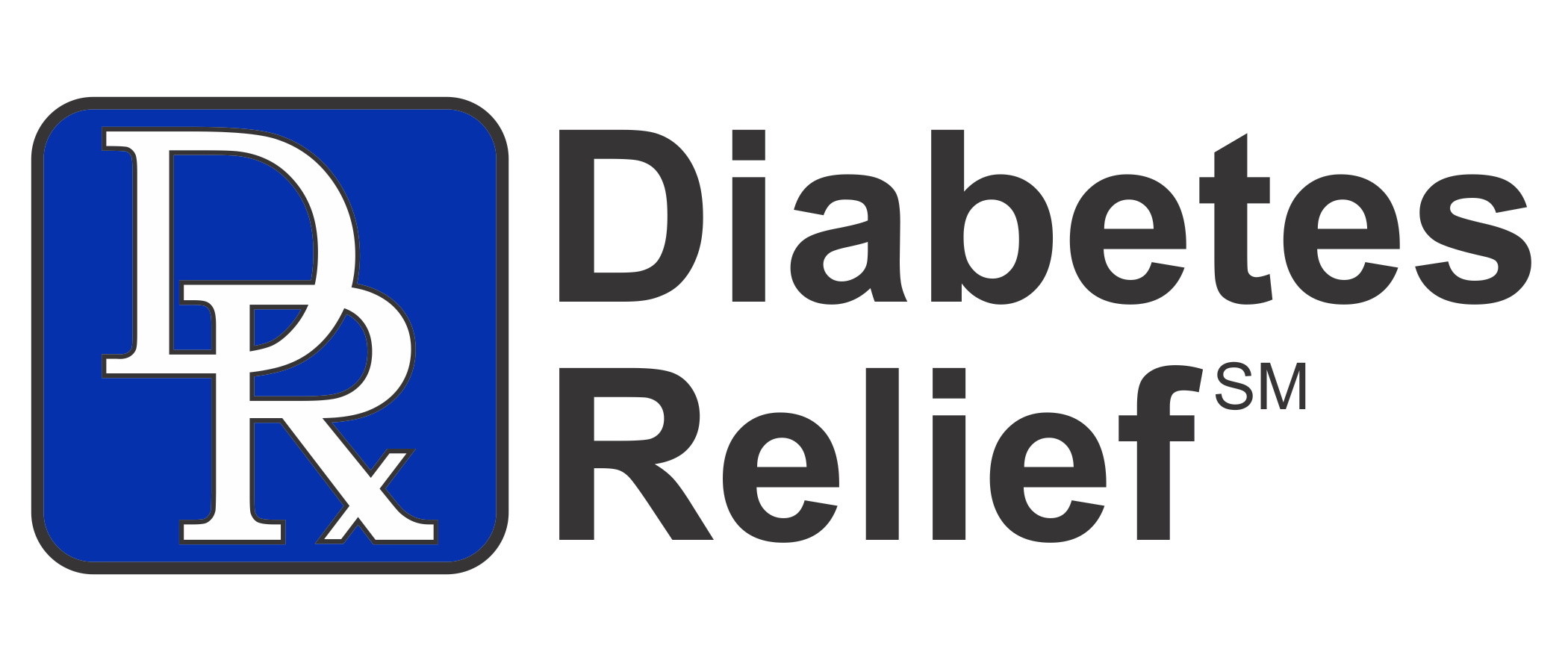Oct 24, 2019 | Everyday Wellness
Coenzyme Q10 (CoQ10) is a vital nutrient in the human body. CoQ10 is widely distributed in the human body and serves as a cofactor for the production of cellular energy in most human cells. As the name implies, a coenzyme is a factor that helps the function of an enzyme; enzymes are small proteins in the body that carry out nearly every chemical reaction. CoQ10 is made in our body and therefore for most people it is not essential to eat CoQ10 or take supplements, however CoQ10 status can become depleted because of various health conditions, medications and environmental factors.
Jul 18, 2019 | Everyday Wellness
Alzheimer’s is a degenerative health issue of the cognitive center in the brain. To reverse any degenerative health issue, you must first recognize the importance of the digestive system. First work on your digestive system, because (1) if there is a problem there, unwanted things get into the blood, leading to inflammation, which makes recovery difficult; and (2) you won’t get the nutrients you need if the digestive system has a problem. Here are important tips.
Jul 18, 2019 | Everyday Wellness
Ashwagandha is a powerful adaptogenic* herb that helps your body manage and adapt to stress by balancing your immune system, metabolism, and hormonal systems. Its anti-inammatory, antitumor, antistress, antioxidant, immunomodulatory, hemopoietic, and rejuvenating properties makes it one of the most important herbs in Ayurvedic medicine.
Jun 14, 2019 | Everyday Wellness
We hear that calcium is essential to strong bones, and that the best source of calcium is dairy products. But is that the whole story? How should you get the calcium you need?
As a teenager, I remember TV commercials featuring celebrities and athletes proudly wearing milk mustaches, gazing into the camera, and asking, “Got Milk?” That campaign ran from 1993 to 2014 and made a strong and lasting impression on consumers. But is the message valid?

May 9, 2019 | Everyday Wellness
Additives are used to enhance the flavor, appearance, or texture of a food, or as a preservative. Some should be avoided, while others are considered safe. What are the most common ones, and what should be do about them?
MSG: Monosodium glutamate has raised a ruckus since 1969, when a study of mice found that large amounts caused harmful neurological effects and impaired growth and development. Since then, the controversial substance has been the subject of many studies, and many Asian restaurants have stopped using it. Jury is still out on it, but it’s probably best to avoid it.

